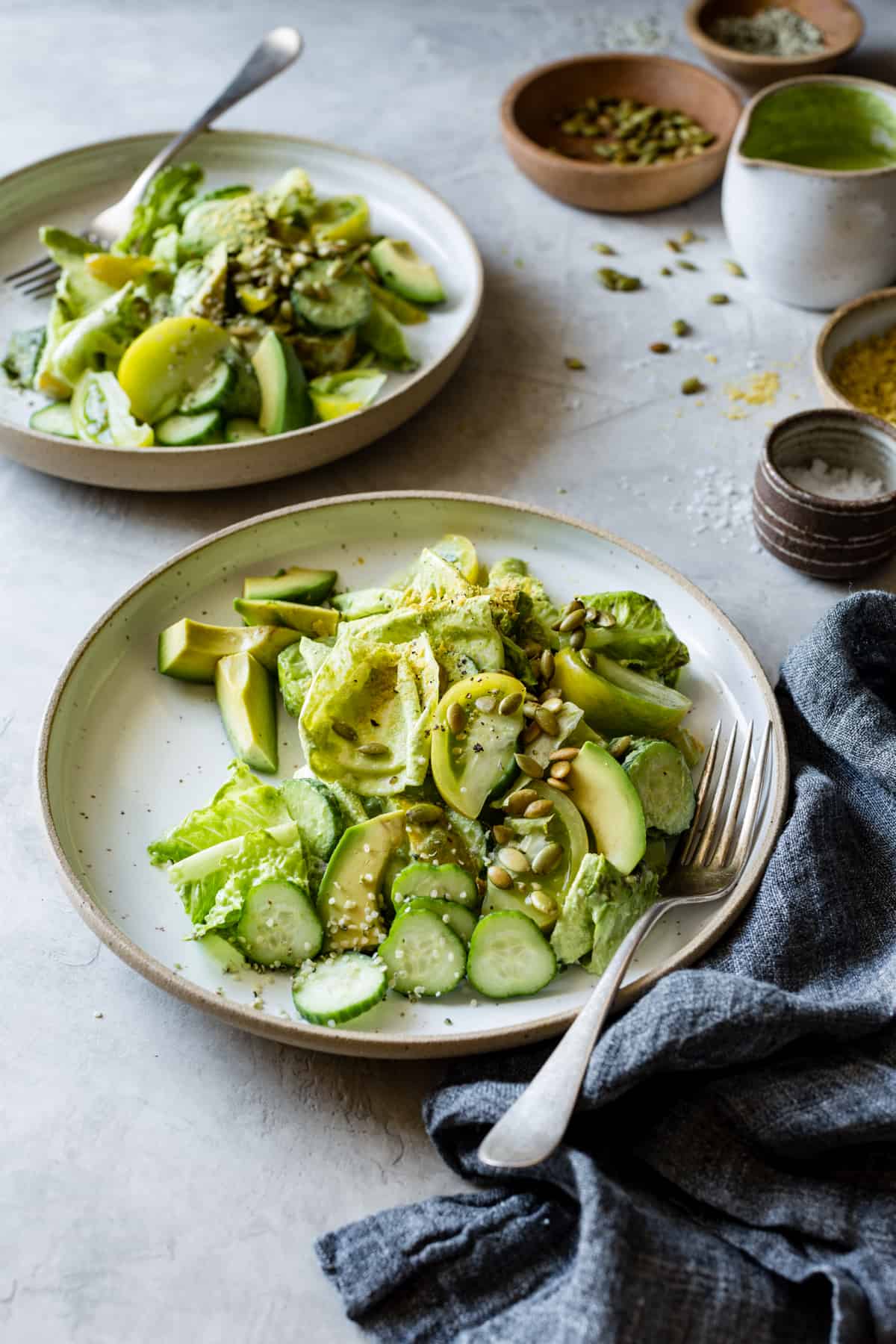Beauty...

By Hilary Sheinbaum
In the latter years of last decade, “Keto” a.k.a. the ketogenic diet, was everywhere — written up in health magazines, all over your social media feed, and marketed on everything from meal prep cookbooks to protein bars.
Truth be told — the trendy way to eat is still popular today. The ketogenic diet’s buzz is centered around a low-carb, high-fat framework to put your metabolic state into ketosis (read: a really efficient method that burns fat for energy).
“The body uses ketones for fuel instead of sugar and carbs. Ketones are a byproduct of fat metabolism that are utilized in times of carbohydrate restriction,” says Dr. Jo Moynihan, a physical therapist and certified integrative nutrition health coach in Boston. “In order to achieve ketosis, calorie intake must be restricted and comprised mostly of healthy fats.”
That also means ketogenic diet followers are typically consuming pasture-raised and grass-fed animal proteins, as well as organic dairy while avoiding fruit (and high sugar foods), grains, alcohol, and beans or legumes.
So, what’s a pescatarian, vegetarian, or vegan to do — if you want the same ketosis effect but meat isn’t an option? Enter: the ketotarian diet, a plant-based version of the ketogenic diet.
According to Dr. Moynihan, ketotarian followers can consume a variety of foods:
While there are a ton of food options to enjoy on the ketotarian diet, there are some restrictions as well. Dr. Moynihan notes followers of the ketotarian diet eliminate the following:
Some of the studied benefits of the ketotarian diet include reduced inflammation, enhanced brain function, and balanced blood sugar, according to Michelle Iannacchino, a registered dietitian nutritionist and nutrition coach at Wellory in New York City. She notes that a ketotarian diet can assist in management of type 2 diabetes, decrease autoimmune disease symptoms, increase detoxification, and help with weight loss as well.
One downside to the diet is that certain foods and food groups are usually eliminated due to their higher carbohydrate count. “This includes foods like whole grains, beans and legumes, starchy vegetables, and higher fructose fruits, all of which are incredibly nutritious for our bodies,” says Iannacchino. “It can seem quite restrictive and labels certain foods and food groups as ‘bad’ just because they are higher in carbohydrates.”
In short, she believes that for most people it’s not a sustainable lifestyle to follow long term.
Like any diet, what works for one may not work for another. “There is no ‘one size fits all, magical pill,’ says Moynihan. “Everyone will experience the benefits of a diet to varying degrees. A combination of nutrient-dense foods, exercise, quality sleep, meditation or self-reflection, and great relationships are all the ingredients for a recipe of a life full of vitality and longevity!”